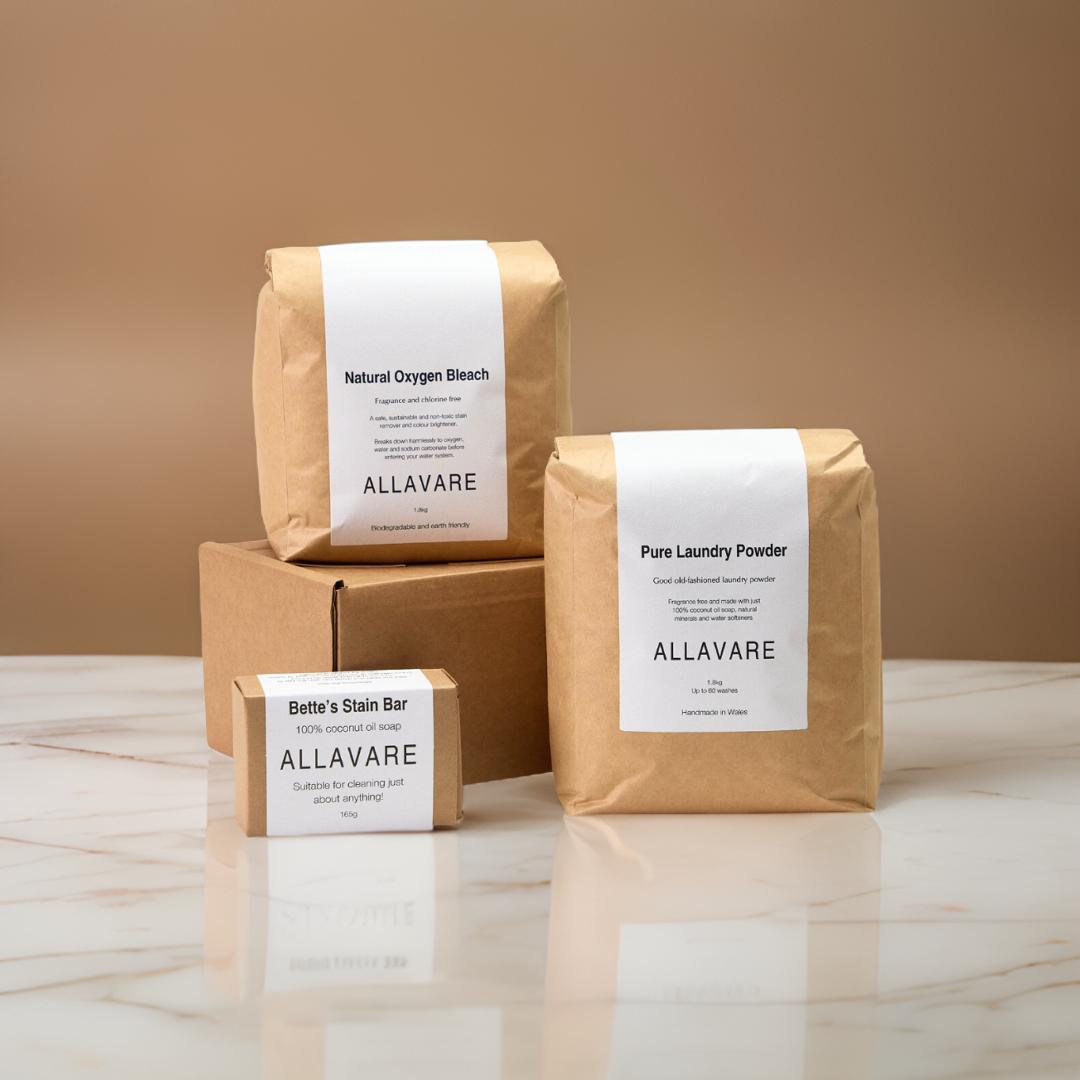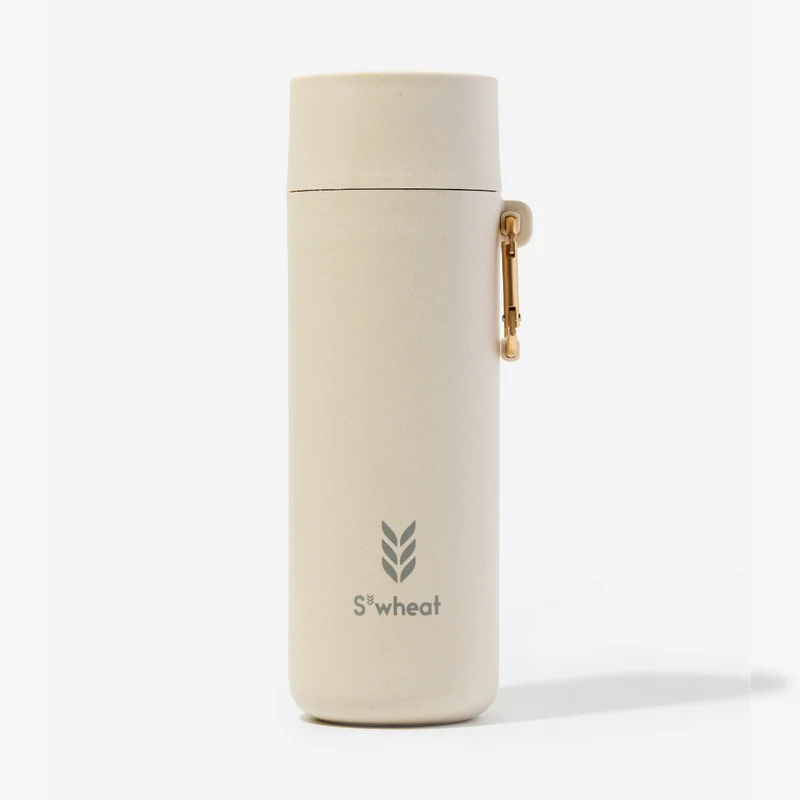Dip & Doze (organic cotton towel bales)

So it’s the end of your bath! So rather than wrapping your body up in a scratchy polyester towel, indulge in some Dip & Doze organic cotton towels sold in sets of four, in neutral colours to blend with any bathroom design.
Unlike synthetic materials, these can safely be laundered, without leaching microplastics from washing machines into the sea. Avoid fabric conditioners, as they reduce absorbency.
Organic cotton is not just good for the planet, wildlife and farmers, but as the fibres are not treated with chemicals, they tend to last longer too. To reduce bacteria build-up, hang up after use, and wash hand after every couple of uses.
If using old towels to transport creatures to wildlife rescue shelters, remove the tassels (they could tangle in paws and claws).
If you do use scent, add a few drops of sustainable aromatherapy oils (not for pregnancy/nursing) to a warm bath and swish the water.
If you use ‘bath water diverters’, choose unscented biodegradable bath products (even sea salt could harm plants).
Bath Time Safety Tips
Avoid very hot baths (especially for heart/blood pressure conditions and pregnancy/nursing), avoid slippery oils and stand up slowly. Avoid
Avoid use of pet-toxic plants (also read giving dogs baths). Avoid facing plants to outdoor gardens, to help stop birds flying into windows).
Safety for Baby Baths
NHS has a 2-minute video by a midwife (never leave babies alone, and avoid seats that can quickly detach). Run cold water first (test adding hot water with your wrist or elbow). Keep your baby’s head clear of the water, and don’t bathe straight after feeds (or if baby is hungry or tired). Avoid baby oils and talcum powder (don’t use cotton buds to clean ears, the cause of most infections).






